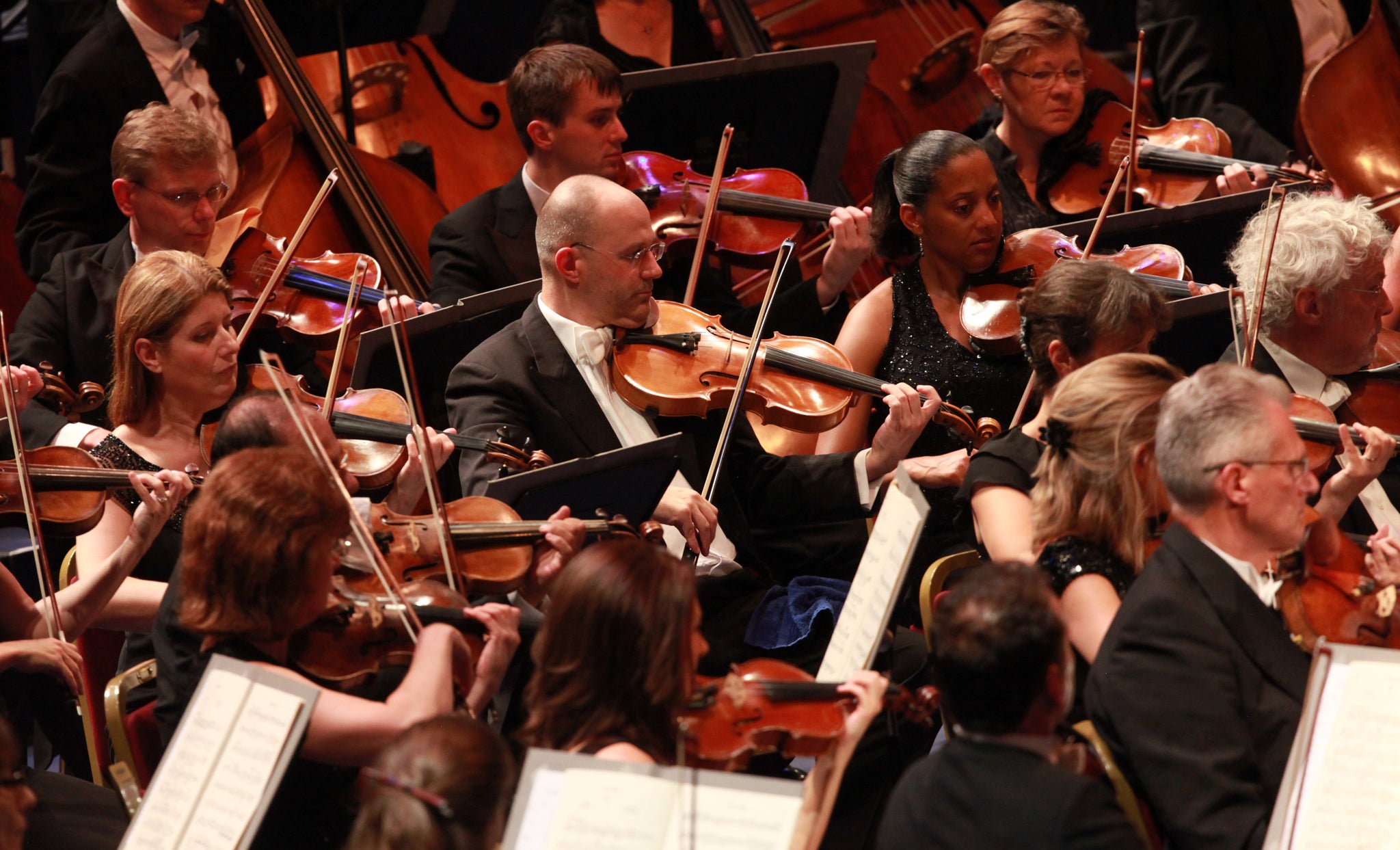
Vasily Petrenko and the Liverpool Philharmonic opened Prom 19 with two Richard Strauss rarities, the first of which, his Festival Prelude, was pure bombast.
But the second was intriguing, being his Deutsche Motette - an a cappella setting for chorus and four soloists of a devotional poem by Friedrich Ruckert.
With twenty elaborately-figured parts shifting constantly in key, it’s dauntingly hard to sing (and for that reason is seldom performed), and the BBC Singers plus soloists led by the excellent Brindley Sherratt made a brave stab at it.
But they didn’t quite bring it off: the impression was of a dense mass of choral sound out of which solo voices intermittently surged, and the effect was muddy. The skies then cleared for Strauss’s Four Last Songs: Inger Dam-Jensen doesn’t have the heft for the Albert Hall acoustic, but her tone had a silvered purity.
Nodding towards 1914 is today’s obligatory cliché, but Martyn Brabbins and the BBC Symphony Orchestra ensured that Gurney’s gravely expressive War Elegy earned its airing. Sally Beamish’s 1914-inspired Violin Concerto should have followed, but the illness of its soloist led to the substitution of her Concerto for Accordion, with James Crabb as soloist.
Entitled The Singing, this inventive and brightly-coloured work benefited hugely from Crabb’s personal brand of Highland virtuosity.
Subscribe to Independent Premium to bookmark this article
Want to bookmark your favourite articles and stories to read or reference later? Start your Independent Premium subscription today.

Join our commenting forum
Join thought-provoking conversations, follow other Independent readers and see their replies